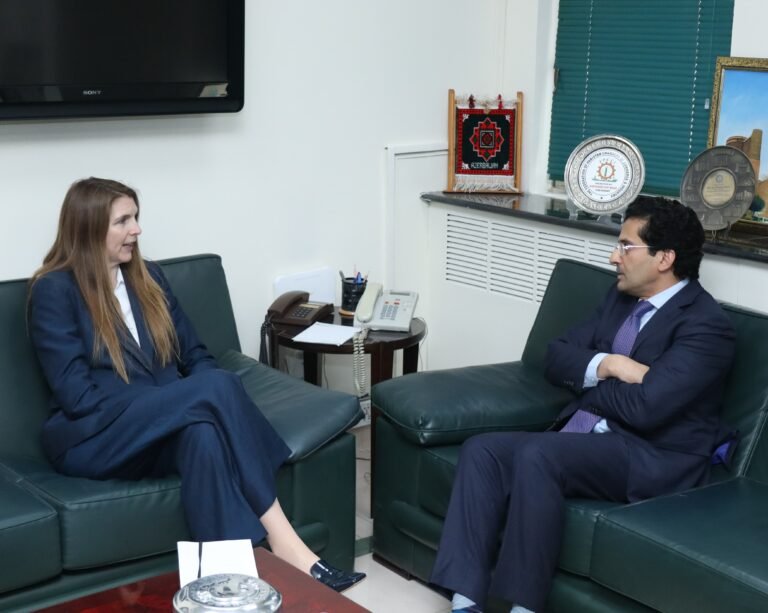Islamabad, 8 October 2023 (TDI): Pakistan and Afghanistan, two neighboring countries, have historically shared a close relationship, primarily driven by cultural, religious, and historical ties.
However, recent developments in economic relations between the two nations have raised concerns that warrant thoughtful consideration and diplomatic engagement.
The influx of Afghan refugees into Pakistan, which began in earnest during the Afghan Jihad of 1979, has resulted in a substantial Afghan population residing in Pakistan, both legally and illegally.
While Pakistan has extended its hospitality to these refugees for decades, there are growing concerns regarding integration, adherence to local laws, and the impact on Pakistan’s economy.
It is essential to understand that integration into the fabric of any society is a crucial step towards becoming responsible citizens.
The preservation of cultural identity and adherence to local norms and laws are essential for fostering a sense of nationalism.
Afghan refugees, however, have faced challenges in integrating into Pakistan’s culture and society due to their distinct cultural and tribal backgrounds.
Furthermore, the presence of a significant Afghan population has given rise to informal financial networks such as Hawala and Hundi, which can have a negative impact on Pakistan’s formal banking channels and remittance inflows.
The issue of currency stability also deserves attention. The Afghan currency, due to the substantial smuggling of US dollars from Pakistan to Afghanistan, has shown greater stability compared to the Pakistani rupee.
This has had repercussions for Pakistan’s economy, leading to increased pressure on the domestic currency and foreign reserves.
While the historical bond between the two nations has often been rooted in religious ties, it is important to recognize that a shared religion does not automatically create a sense of nationhood.
Nationhood is built on emotional and symbolic connections to an ancestral land, which may differ from one country to another.
Also read: Pakistan responds firmly to Afghan border closure allegations
Recent developments in Afghanistan have also presented security challenges. Terrorist outfits like Tehreek-i-Taliban Pakistan (TTP) and Daesh Khorasan have found refuge in Afghanistan, posing threats to both Pakistan and Central Asian countries.
Additionally, arms markets in Afghanistan are selling sophisticated weapons, further exacerbating regional security concerns.
In light of these complexities, it is crucial for both Pakistan and Afghanistan to engage in open and constructive dialogue.
Addressing economic concerns, while preserving the cultural identities and rights of Afghan refugees, can pave the way for improved bilateral relations.
Pakistan is exploring measures such as enhanced border control, visa regulations, and passport requirements, which are common practices in many countries worldwide.
Hence, the economic challenges between Pakistan and Afghanistan necessitate a diplomatic and balanced approach.
Both nations share a long history of cultural and religious ties, and addressing these economic concerns can contribute to strengthening their bilateral relations while maintaining the dignity and rights of Afghan refugees.
Established in December 2008, The Diplomatic Insight is Pakistan’s premier diplomacy and foreign affairs magazine, available in both digital and print formats.








